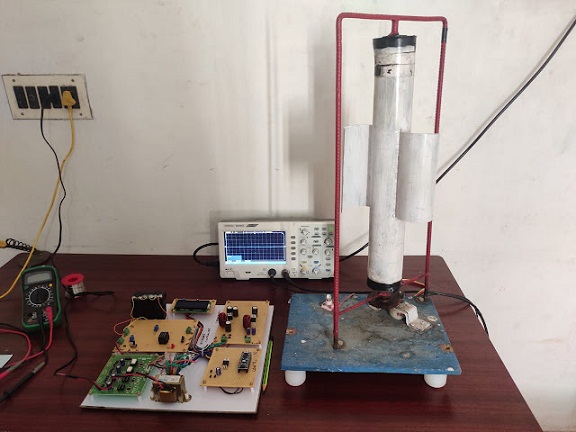The base of Battery Engineering lies in power conversion, storage and sustainable usage. Therefore, it becomes quite necessary to understand the basics of electric power conversion. There is a requirement for a power converter to make use of the electrical transformations and convert a particular current type to another.
However, the first question that pops up is about using these converters in the Battery Engineering Course. It is important to understand the voltage and power difference between the supply and the storage applications. Thus, it needs a comprehensive understanding for the beginners to apply the principles and learnings to practical use.
Table of Contents
ToggleThe Usage of the Power Converters in Batter Technology Courses in India
The most significant use of the power converters in battery engineering is the use in electric vehicles majorly. The widest use is through the sustainable development of the area of mobility. Therefore, the converters and their applications have become more crucial since it was once invented. However, one cannot deny the fact that these have been used for ages now in their home.
If you didn’t guess it toll now, it is the uninterrupted Power Supply, also known as UPS, of your home. These provide an amazing solution for the total power outage. Therefore, battery engineering focuses on the use of these electrical converters as the batteries need to convert those alternating current waves to direct current wave and store it for further use.
If the Battery Engineering course doesn’t teach about the converters, the batteries will take a serious toll as the engineers won’t take the current into account.
The Types of Power Electronic Converters and Applications
Majorly, there are three four types of power electronic converters used in day-to-day lives. Here are the types and its application.
AC to DC
A converter that rectifies the alternate currents to direct current is the AC to DC Converter. It is further classified into Single and Three Phase Rectifiers. Talking about the application, the AC to DC rectifiers are used in mobile chargers, DC drives, UPS and Battery Charging.
DC to DC
The DC to DC converter either boosts or decreases the output of the current. It is created to get the desired result from the DC current and decrease the power loss from the system. These converters are used in DC drives, SMPS, Battery-Driven Vehicles, LED Lighting and Induction Heating.
DC to AC
The DC to AC converter is mostly known as an inverter to get desired output voltage and frequency from the alternate current. These are classified in various types according to the type of source, circuit arrangement, and output voltage. On the other hand, it is used for Electric Vehicles, Solar and Wind Energy Systems, UPS system and HVDC Transmission.
AC to AC
It is a one-stage frequency changer that uses cyclo-converters in two phases. Single and three-phase cyclo converters are used in Lighting Control, Fan Speed Control, Industrial Heating, Smart Grids, Electric Vehicles, and AC drives.
Conclusion
That brings us to a close. The batteries and the power converters have a direct relation. Therefore, it becomes vital to learn the most about the converters. It will not only allows the students to understand the basics of power conversions but will also help in the applications and their use.











